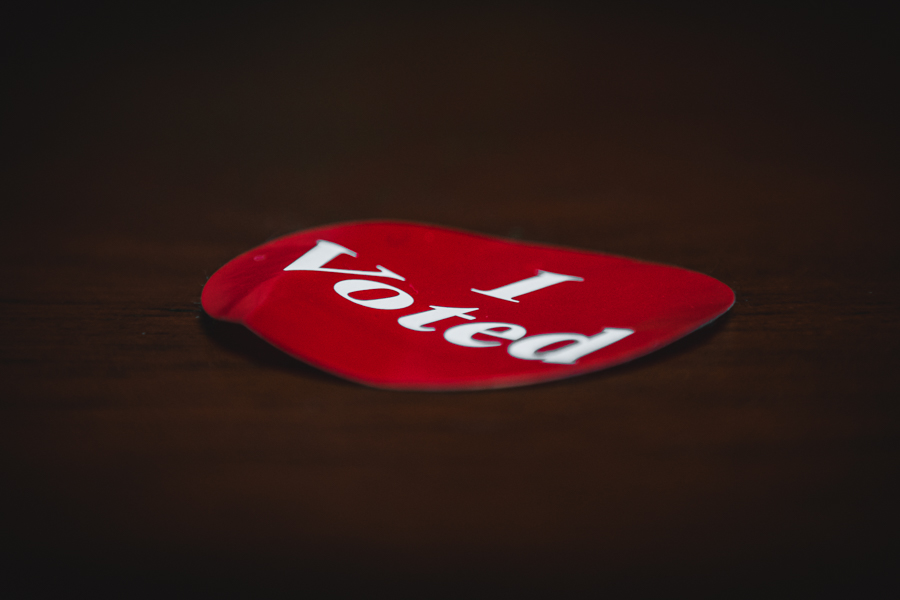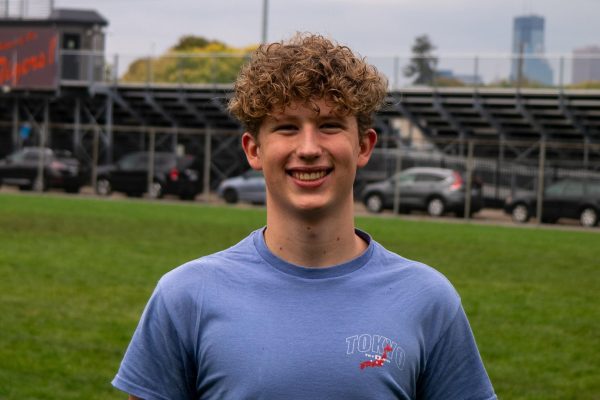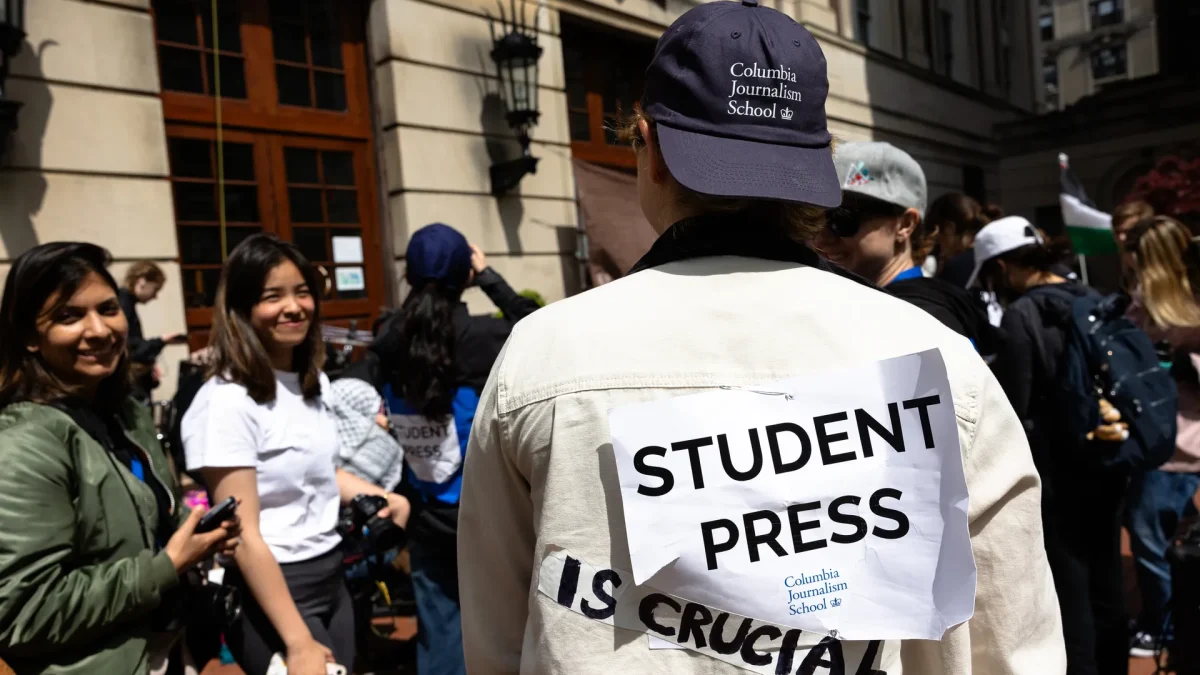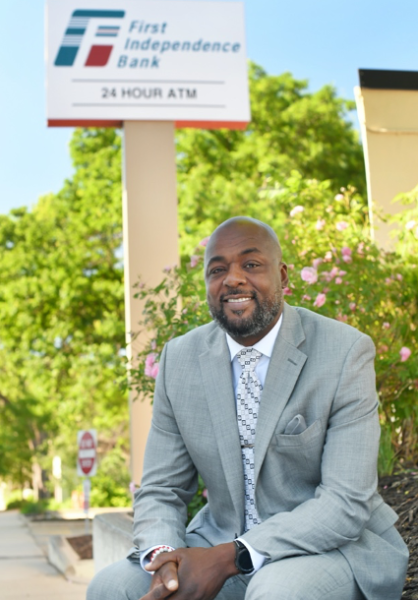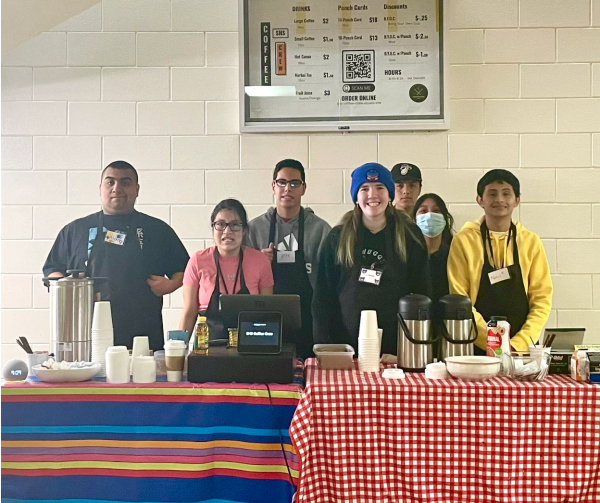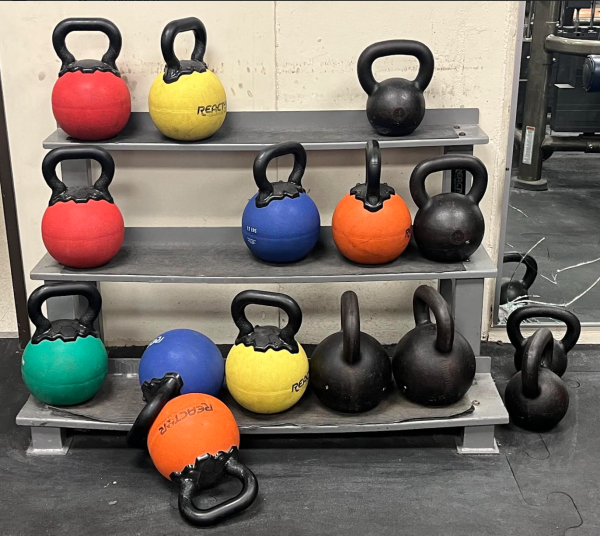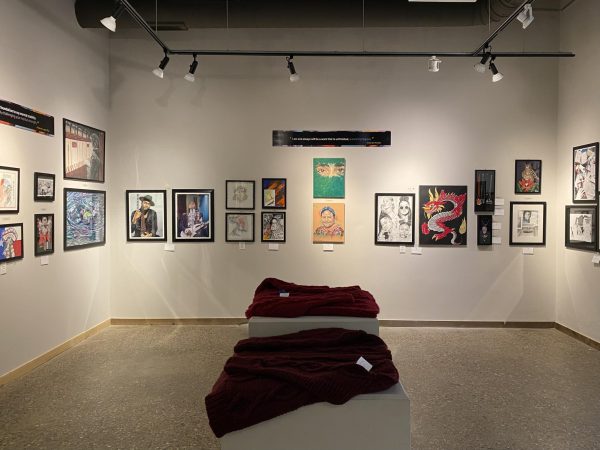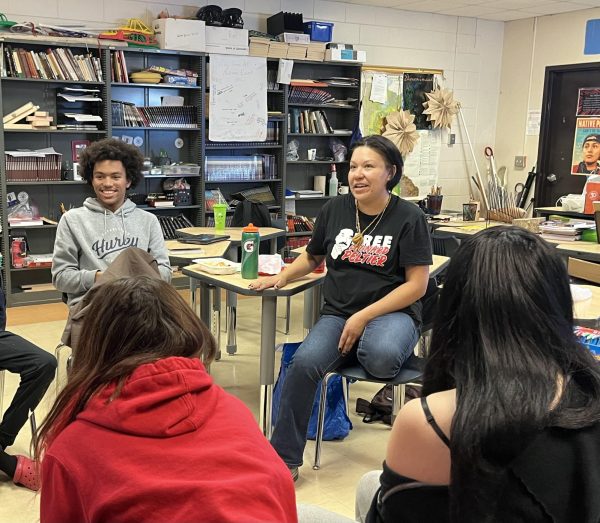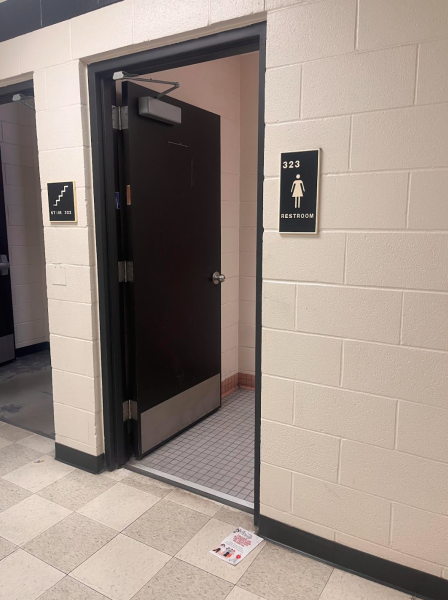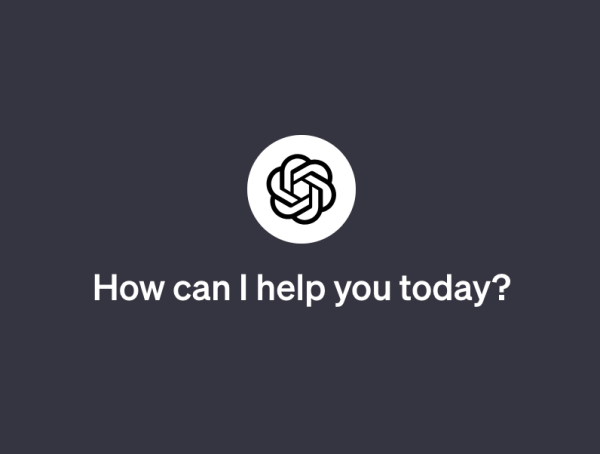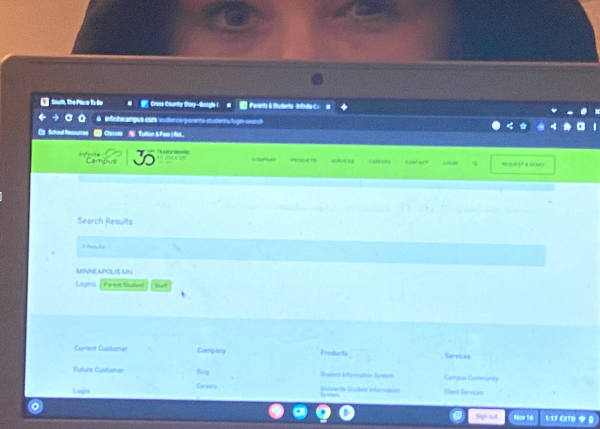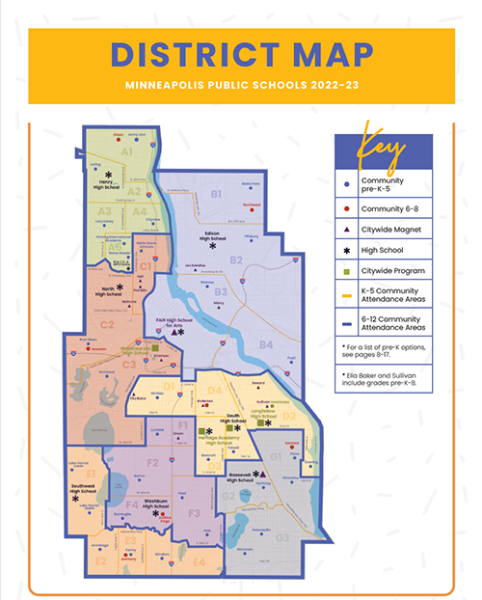Voting is a Critical Tool for Young People
“It’s absolutely important to vote when you know what you want… It’s a very direct way to affect the place you live in. And I think if you have a specific way you want to change the place you live in… it’s a perfect way to do that,” says South senior Tennison Stinson. He, among others, believes that voting is very powerful, especially for younger voters.
November 14, 2022
As 2022’s midterms conclude, we have seen many close races across the country at all levels. More than ever, politics appear to be affecting and dividing the United States. Here in Minnesota, Democratic incumbents Tim Walz, Keith Ellison, and Steve Simon have won the governor, attorney general, and secretary of state races, respectively. Ilhan Omar will be returning to the U.S. House representing Minnesota’s 5th congressional district, where South is located. With so many crucial and polarizing issues on many voters’ minds, the focus on this election has been especially prominent.
The 18-24 age group in Minnesota has historically had the lowest voter turnout, especially in midterm elections. It is estimated by the Office of the Minnesota Secretary of State that less than 40 percent of all eligible voters aged 18-24 voted in the 2018 midterm election. This statistic is significant because it indicates that there has been a large number of beliefs and opinions from younger people that have been unaccounted for in poll results.
That being said, the 2022 election has had the second highest voter turnout from ages 18-29 in almost 30 years. The Center for Information and Research on Civic Learning and Engagement at Tufts University (CIRCLE) estimates that 27 percent of 18-29 year olds voted in the midterms this year. Interestingly, but not necessarily surprisingly, 63 percent of youth voters preferred Democrats over Republicans for the U.S. House in this year’s midterms.
Milo Bergen, a senior at South, went to his local polling site after school on November 8 to cast his vote. Bergen said that he decided to vote because he wanted to make his voice heard. “It’s one of the only ways you can make meaningful change.” While Bergen expressed that voting was simple and quick for himself, he noted that this isn’t always the case. “In certain areas, polling places are so far and few between, but I still think it’s definitely worth it to vote.” He later recognized, “I have a very limited experience; I’m not sure if it’s as easy to vote in different parts of Minneapolis.”
In addition to the variance in voting accessibility, Bergen also believes that many voters are feeling that their voices aren’t being heard. “People have been kind of fed up, especially in big presidential races… There seems to be a lot of people who just think that it doesn’t really create meaningful change. There are certain aspects of that that I understand, but … there’s really nothing to lose [by voting].” Additionally, voter suppression has been prevalent in many elections across the country, which only furthers the lack of representation in voter turnout.
South senior Tennison Stinson believes, “It’s absolutely important to vote when you know what you want… It’s a very direct way to affect the place you live in. (…) If you have a specific way you want to change the place you live in, or you just want to be very active in your community and have an effect on the place you live in, it’s a perfect way to do that.” Stinson later stated, “The more local an election you vote in, the more change you’re going to see out of who you elect.” Bergen agrees that local elections can be specifically impactful, adding, “Even if you don’t subscribe to the two-party system, there are still localized candidates that are third party or more independent who you might align with more politically.”
To Stinson, voting is specifically influential for young people. “I think it’s very important to get active in pursuing change in the world as soon as you can because you’re going to be living in it for a while.” Stinson added that you shouldn’t just vote because you can, however. “I think you should first cultivate a belief that you can change your community, and then voting is a very powerful tool to change your community. (…) The more local an election you vote in, the more change you’re going to see out of who you elect.”
Even if you aren’t old enough to vote yet, there are other ways to make an impact. Stinson, among a handful of other South students, has been working at the polls since the 2020 presidential election. “I didn’t want to just sit and watch the big map of the U.S. with states turning red and blue… I wanted to be involved.” Since the 2020 election, Stinson has gone under additional training and has now furthered his responsibilities as a poll registration specialist, meaning he is responsible for registering voters at polling sites. Election judges can be as young as 16 years old, so this poses an opportunity for high school students who are not yet old enough to vote themselves to learn more about and participate in the democratic process. “It was an amazing experience,” Stinson said. “Influential enough that I’ve gone back every election I can participate in since.”

